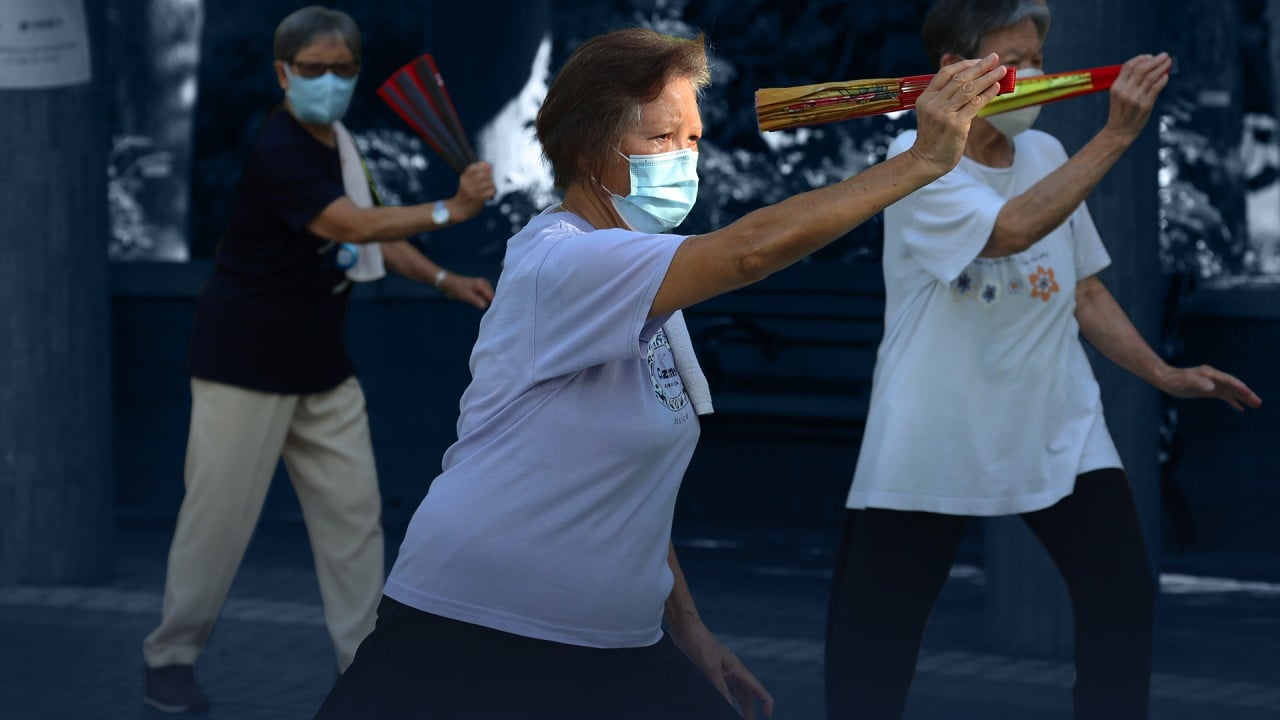
Hong Kong must heed the voices of its restless youth to secure its future
- The government’s approach of slowly bringing friendly, hand-picked youth into the policymaking process must be overhauled if it hopes for meaningful change
- Hong Kong needs an inclusive approach that reflects young people’s actual needs and gives them a reason to stay instead of seeking a better life elsewhere
Among the measures was a “member self-recommendation scheme for youth”, opening the floor for young people to participate in policy discussions so their ideas can feed into the policy formulation process. The scheme invited candidates to submit a video or essay to apply to become a committee member.
The question of quality and inclusive government lies at the heart of the recruitment approach. But instead of asking young people to submit an application, a smart government would more actively reach out to young people through different ways, especially youth who are less willing to get involved. The coverage needs to be inclusive. Better to approach them rather than wait to be approached.
It seems the government’s current attitude only grants those considered “good students” the right to have a say. A seat in the consultation committee should not be viewed as a gift but a fundamental pillar in policymaking as we try to empower our young generation to be better prepared for the future.
Older people always like to offer suggestions to young people about how they struggled and eventually succeeded. While it is good to share, old-school methods might not be applicable in modern times, and the opportunities older generations took might not exist any more. It is important for our youth to find their own way with the necessary support.
Losing them young: Hongkongers in early 20s are biggest emigrating group
If we can’t improve young people’s quality of life, education and work opportunities, it will make us a less appealing place to be. For Hong Kong to thrive, we need to work hard to improve the chances of our young people, understand them better, win their trust and provide opportunities to grow.
As the young people are our future, my hope is that the government can better connect with our young people for the sake of Hong Kong’s sustainable development.
Paul Yip is chair professor (population health) in the Department of Social Work and Social Administration at the University of Hong Kong


